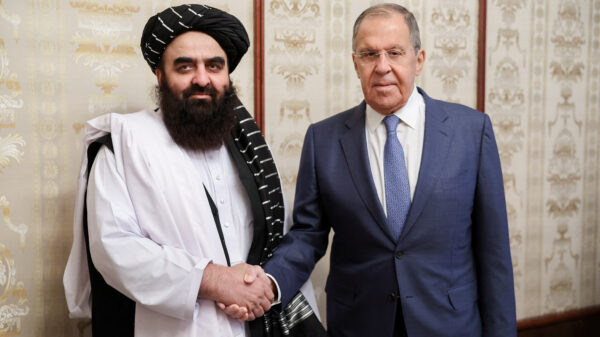As I continue to reflect, it becomes clear that our current crisis is not one of information or disinformation, but rather a crisis of belonging. I am left wondering how journalism can be reimagined to address this issue. Belonging is a fundamental human need, and the danger lies in not belonging and seeking out harmful substitutes for true community, such as joining a cult or embracing conspiracies. What role can journalism play in filling this void with meaningful conversation, connection, understanding, collaboration, enlightened values, and education?
Hannah Arendt’s teachings remind us that in times of totalitarianism, some individuals are left with a sense of not belonging to the world, making them vulnerable to the allure of joining destructive causes fueled by fear. In her book The Gutenberg Parenthesis, she writes, “But totalitarian domination as a form of government is new in that it is not content with this isolation but destroys private life as well. It bases itself on loneliness, on the experience of not belonging to the world at all, which is among the most radical and desperate experiences of man.”
For Arendt, being part of a public community is essential for a person’s well-being, while being isolated in private life leads to deprivation. To be without both is to feel uprooted, vulnerable, and alone. She observed that in Nazi and Soviet history, people exhibited a loss of self-interest, indifference to death, a strong attachment to abstract ideas, and a disregard for common sense. These lessons are relevant in our current populist times, as seen in Trump’s base, who prioritize abstract issues like abortion and guns over their own well-being and common sense.
In my book, I also draw upon the theories of sociologist William Kornhauser, who suggests that the solution to this alienated mass society is to foster a pluralistic society of belonging. This means creating a society where individuals have multiple commitments to diverse and autonomous groups, making them less susceptible to the pull of populist movements. I write, “A pluralistic society is marked by belonging – to families, tribes, clubs, congregations, organizations, and communities. In such associations, we do not lose our individuality; instead, we gain individual identity.”
In conclusion, a pluralistic society that values belonging and fosters diverse communities is the key to combatting the dangers of isolation and vulnerability. Journalism can play a crucial role in promoting this type of society by facilitating meaningful conversations, promoting understanding and collaboration, and highlighting the importance of belonging to multiple communities. By doing so, we can create a more secure and resilient society that is less susceptible to the allure of harmful ideologies.




































